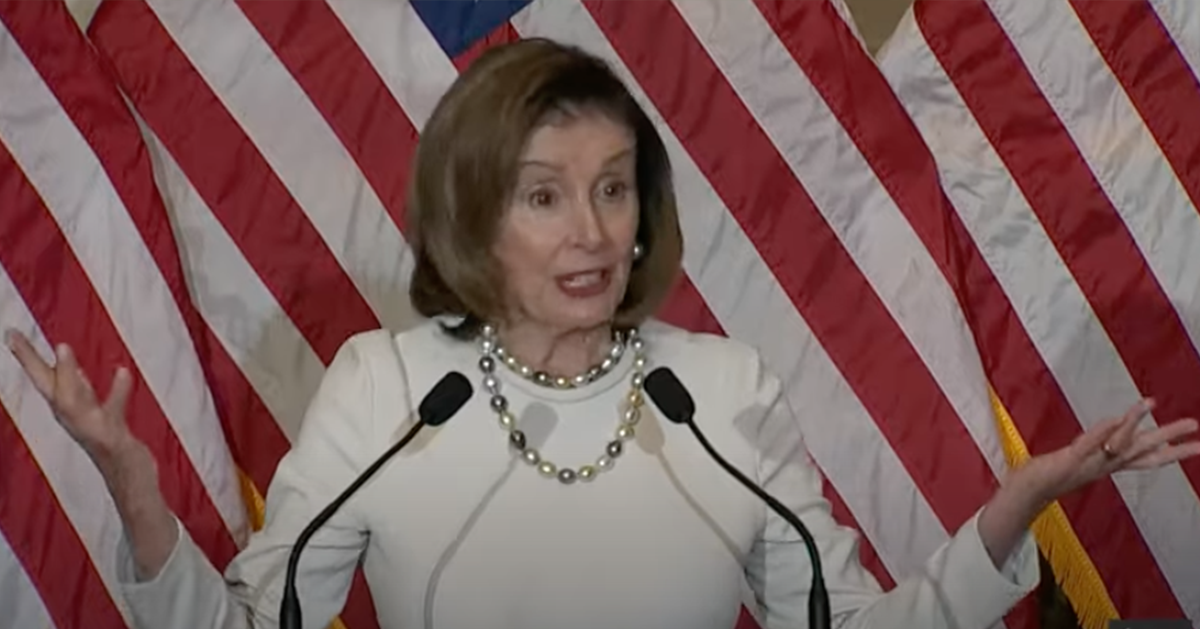Trump Issues Warning to Hamas as Inauguration Nears
Trump's Warning to Hamas Highlights New Approach
On Tuesday, President-elect Trump explicitly cautioned Hamas, declaring that severe consequences would follow any failure to release hostages before he assumes office. This announcement underscores the incoming administration’s priorities, with national security and international stability taking center stage.
Jason Miller, one of Trump's senior advisers, elaborated on this approach, emphasizing the need for decisive action and strong leadership. Miller argued that the Trump administration plans to restore policies that foster a "safe and secure" Middle East while deterring threats.
He further compared Trump's record with that of President Joe Biden, criticizing the perceived loss of deterrence under Biden’s tenure, particularly after the chaotic withdrawal from Afghanistan in 2021.
Leadership Compared Across Administrations
Miller pointed out that during Trump’s first term, no new conflicts emerged, including the absence of a Russian invasion of Ukraine. This, he suggested, exemplified the effectiveness of Trump-era policies in maintaining global peace.
In contrast, he claimed the current administration's handling of crises, including the October 7 Hamas attack on Israel, demonstrated a lack of resolve. “The entire world looked at Joe Biden and saw weakness,” Miller remarked, adding that deterrence must be actively maintained to remain effective.
Trump’s impending return to the White House, according to Miller, signals a shift away from what he described as a leadership style defined by "pushover" tendencies.
Focus on Middle East Stability
The ongoing conflict between Hamas and Israel has intensified global calls for action. Since October, the Biden administration has worked to negotiate the release of hostages held by Hamas. Secretary of State Antony Blinken expressed optimism about securing a deal before Biden leaves office.
However, the Trump administration’s rhetoric suggests a more aggressive posture. Trump has pledged a return to policies that prioritize Middle Eastern stability, aiming to replicate his earlier successes in the region.
Lara Trump, the former president's daughter-in-law, echoed this sentiment by pointing to Trump's track record against ISIS. She criticized the current administration's inability to prevent a resurgence of terrorist activity, describing it as indicative of a "failure at the top."
Emphasis on Restoring Deterrence
Miller maintained that the new administration would reestablish the United States as a dominant global power, ensuring adversaries think twice before challenging its policies. He said, “Once deterrence is lost, it is nearly impossible to regain."
This perspective underpins the Trump administration’s firm warning to Hamas. As the Jan. 20 deadline approaches, the world waits to see how the group will respond to the ultimatum.
While Biden's team continues its efforts to secure the hostages’ release, the incoming administration's plans suggest a readiness to adopt a harsher stance.
Historic Parallels to First Term
Trump’s team frequently cites his first term as a blueprint for his approach. During that period, policies aimed at countering terrorism and fostering regional peace were central to his strategy.
The absence of new wars during those four years, particularly between major powers like Ukraine and Russia, serves as a point of pride for Trump’s advisers. They argue that this track record contrasts sharply with the challenges faced by the current administration.
Jason Miller’s statements indicate that the upcoming administration seeks not only to restore but to expand upon these achievements.
Countdown to Jan. 20
As Inauguration Day nears, Trump’s message to Hamas and the international community underscores his administration’s priorities. The emphasis on deterrence and a return to strong leadership is likely to shape U.S. foreign policy in the coming years.
Whether this approach will succeed in resolving current hostilities remains to be seen, but the stark contrast in strategies between the outgoing and incoming administrations has already set the stage for significant changes ahead.




